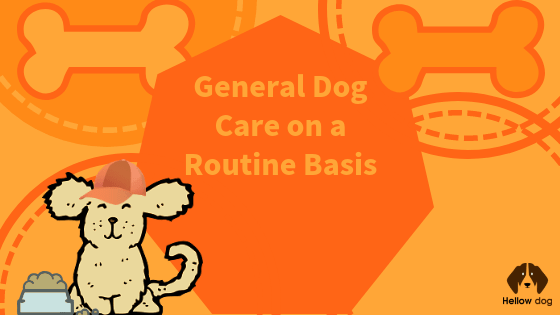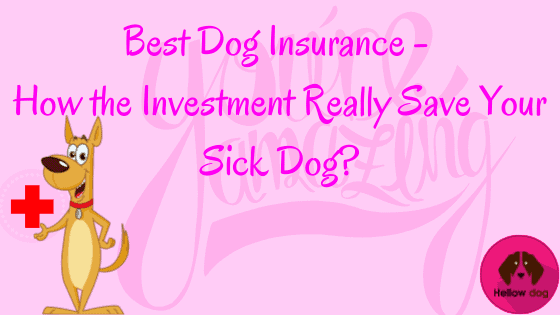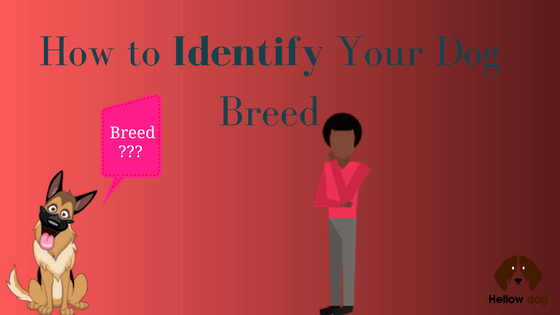A loss of appetite in dogs can be caused by a variety of medical and psychological reasons.
If your dog is not eating their food, it can be a sign that something is wrong. There are many reasons why a dog may lose their appetite, ranging from simple things like a change in routine to more serious health problems.
The Problem
Some of the more common causes include:
1. Illness or Disease
There are many different illnesses and diseases that can lead to a loss of appetite in dogs. Some of the more common ones include cancer, kidney disease, liver disease, infections, parasites, and gastrointestinal problems. If your dog is suddenly not eating and you think they may be ill, it is important to take them to see a veterinarian as soon as possible.
2. Medications
Certain medications can also lead to a loss of appetite in dogs. These include steroids, antibiotics, and chemotherapy drugs. If your dog is taking any of these medications and they stop eating, it is important to talk to your veterinarian to see if the medication is the cause.
3. Stress or Anxiety
Dogs can also experience a loss of appetite due to stress or anxiety. Some of the things that may cause stress or anxiety in dogs include moving to a new home, adding a new pet or baby to the family, changes in routine, and loneliness. If your dog is experiencing any type of stress or anxiety, it is important to talk to your veterinarian to see if there is anything that can be done to help.
4. Eating Too Much or Too Little
Another common cause of a loss of appetite in dogs is eating too much or too little. If your dog is eating too much, it may not be able to digest all of the food and may start to feel sick. On the other hand, if your dog is eating too little, they may not be getting the nutrients they need and may also start to feel sick. If you think your dog is eating too much or too little, it is important to talk to your veterinarian to find out how much food your dog should be eating each day.
5. Dental Problems
Dental problems are another common cause of a loss of appetite in dogs. If your dog has a toothache or other type of dental problem, it may not want to eat because it hurts. If you think your dog may have a dental problem, it is important to take them to see a veterinarian as soon as possible.
6. Old Age
As dogs get older, they may start to experience a loss of appetite. This is because their bodies are not able to digest food as well as they used to. If you think your dog’s loss of appetite may be due to old age, it is important to talk to your veterinarian for remedies.
7. Picky Eating
Some dogs are just picky eaters and may not want to eat certain types of food. If you think your dog’s loss of appetite may be due to picky eating, it is important to talk to your veterinarian for help to relieve you from the apparent anxiety.
8. Psychological Reasons
There are also some psychological reasons why a dog may not want to eat. These include depression, anxiety, and stress. If you think your dog’s loss of appetite may be due to a psychological reason, it is important to talk to your veterinarian to find the right solution.
The Solution
Solutions for Loss of Appetite in Dogs
If your dog is not eating, there are some things you can do to try to get them to eat. These include:
1. Talk to Your Veterinarian
The first thing you should do if your dog is not eating is to talk to your veterinarian or consult a vet with a help of a vet chat online. They will be able to help you figure out what is causing the loss of appetite and what you can do to help.
2. Change Their Diet
If your dog is not eating because they are picky, you may want to try changing their diet. This may involve switching to a different type of food or adding some new foods to their diet. If you are going to change your dog’s diet, it is important to do it gradually to avoid upsetting their stomach.
3. Feed Them Smaller Meals
If your dog is not eating because they are full, you may want to try feeding them smaller meals. This will help them to feel fuller without overeating.
4. Add Some Flavor
If your dog is not eating because the food is not flavorful, you may want to try adding some flavor to their food. This can be done by adding some chicken broth or gravy to their food.
5. Exercise Them
If your dog is not eating because they are bored, you may want to try exercising them. This will help to burn off some of their energy and may make them more interested in food.
6. Try a Different Type of Food
If your dog is not eating because they do not like the food you are giving them, you may want to try a different type of food. This may involve switching to a different brand of food or trying a new flavor.
7. Give Them Supplements
If your dog is not eating because they are not getting the nutrients they need, you may want to try giving them supplements. This can be done by adding a multivitamin to their food or giving them a supplement specifically designed for dogs.

8. Try a Different Bowl
If your dog is not eating because they do not like their bowl, you may want to try a different bowl. This may involve switching to a different material or trying a different shape.
9. Change Their Environment
If your dog is not eating because they are bored with their environment, you may want to try changing their environment. This may involve adding new toys or taking them to new places.
10. Take Them to the Vet
If you have tried all of these things and your dog is still not eating, you may want to take them to the vet. They will be able to help you figure out what is causing the loss of appetite and can give the best advice.
Conclusion
If your dog is not eating, the first thing you should do is talk to your veterinarian, you even might need to use your pet insurance or pet emergency fund. They will be able to help you figure out why your dog is not eating and come up with a plan to get them back to their normal selves.







